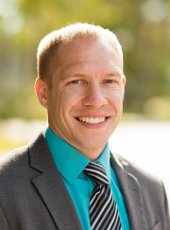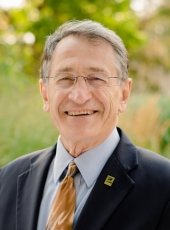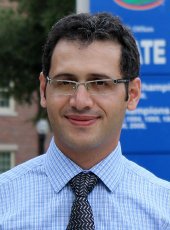
Sajjad Bigham ( MEEM/APSRC) is Principal Investigator on a project that has received a $534,565 research and development cooperative agreement with the US Department of Energy. The project is titled “Next-Generation Desiccant-Based Gas Clothes Dryer Systems.” This is a potential three-year project.
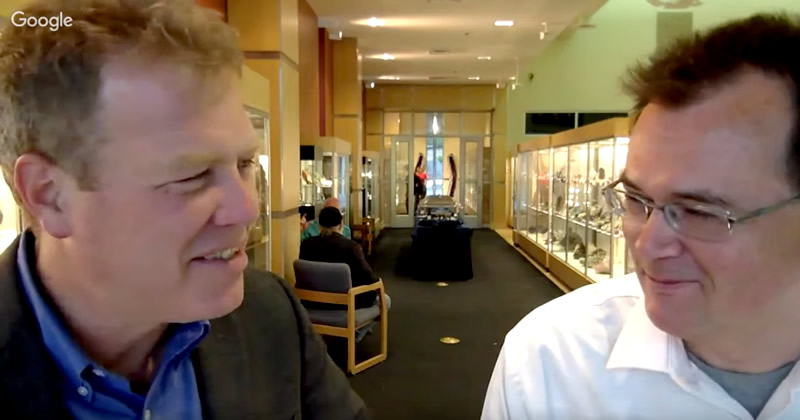
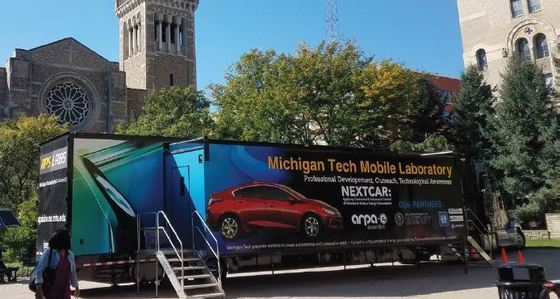
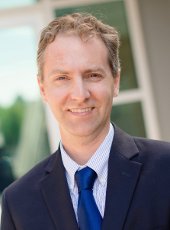
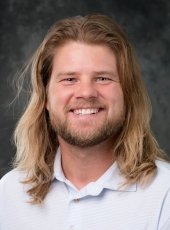
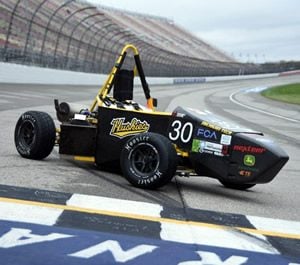 Members of Michigan Tech’s
Members of Michigan Tech’s 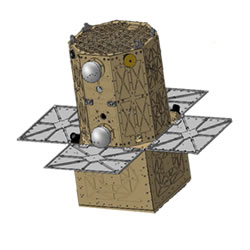 The students in the
The students in the 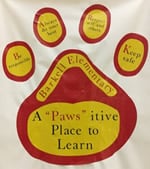 Sure signs of spring in the Copper Country are robins returning, ice leaving and Michigan Tech’s Engineering Ambassadors (AE) inspiring students.
Sure signs of spring in the Copper Country are robins returning, ice leaving and Michigan Tech’s Engineering Ambassadors (AE) inspiring students.